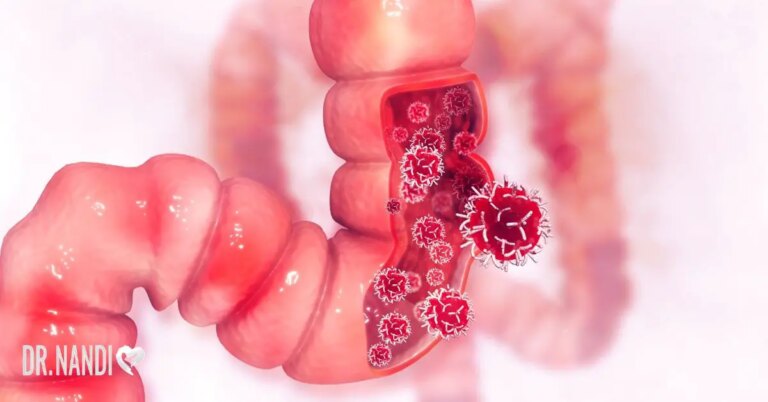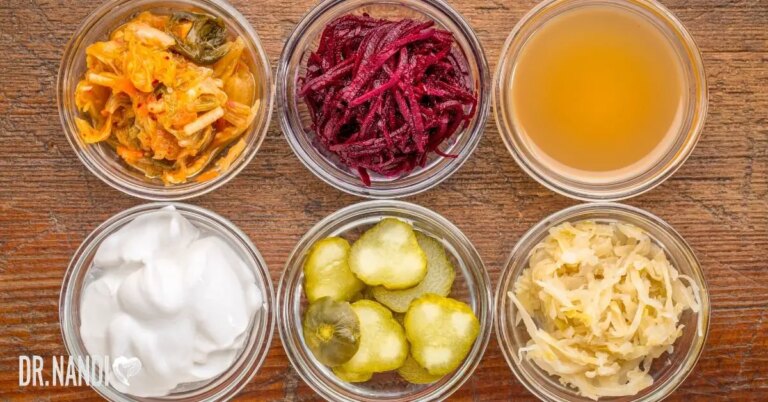When you have Irritable Bowel Syndrome (IBS), it may seem like everything you put into your body causes you misery. Because it looks like you can’t eat anything that doesn’t make your stomach hurt, it can be hard to choose the right food.
No one can live on crackers and water alone, so finding the right nutritional path will help you on your quest to soothe your upset stomach and care for your gut.
Low FODMAP Diet for Irritable Bowel Syndrome (IBS)
FODMAP stands for fermentable oligosaccharides, disaccharides, monosaccharides, and polyols. These are the short-chain carbohydrates present in many meals that tend to ferment and expand the volume of liquid and gas in the small and large intestines. (3, 4)
The overconsumption of FODMAPs can cause flatulence, bloating, and abdominal discomfort. Given that these are symptoms of IBS, it’s not surprising that eliminating high-FODMAP foods would alleviate or prevent them. The regimen is tough because many popular foods contain a lot of FODMAPs.
Here are the different types of FODMAPs to avoid:
- Lactose: Milk products, including cottage cheese, cream cheese, and whole milk, should be avoided.
- Some fruits: Apples, pears, dried fruit, and most juices. They contain high levels of fructose which can upset the stomach.
- Some Vegetables: Vegetables such as broccoli, cabbage, cauliflower, and asparagus frequently may incite gas and exacerbate pain caused by IBS.
- Beans: Gas-inducing food that can trigger symptoms.
- Food high in trans-fat: Fast foods, decadent desserts, and anything fried in oil.
- Coffee: One of the most challenging options to eliminate — people love their coffee!
The Cleveland Clinic, (2) one of the premier medical facilities globally, endorses eliminating these foods for IBS, including practicing a Low FODMAP diet. It can help make the foods you eat more easily digestible because FODMAPs are carbohydrates that are hard to process in your GI tract.
10 Foods to Eat in Managing Irritable Bowel Syndrome (IBS)
When you decide to eliminate foods from your diet that could help trigger gut symptoms, you must find things to replace them with that you can safely eat. Getting rid of certain foods and then putting them back enables you to figure out what works best for your body. In turn, it helps in managing Irritable Bowel Syndrome (IBS).
“You’ve got to experiment to figure out what works,” is something Andrew Weil once said that relates to the body. As a fellow doctor, Dr. Weil has used his smart thinking to impart wellness knowledge that can improve your health and nutrition.
Milk Substitutes
It is a sad option to be forced to give up your favorite cereal or other dairy treats because your IBS makes milk a poor choice for your body. Lactose-free products are available on the market so that you can use them instead of milk products. Investigate your options to find still a milk substitute that allows you to have “dairy-like” products. Some of these include:
- Coconut milk and dairy products
- Soy milk and dairy products
- Almond or cashew milk and dairy products
- Lactose-free milk (like Lactaid.)
Depending on your taste, one of these alternatives may be a better option for you and allow you to continue enjoying a version of your favorite snacks. There are a lot of different brands of each of these milk substitutes in health food stores. Still, mainstream grocery stores and markets now carry a good selection.
Eating Fruits and Vegetables On The Safe Side
As long as you stay away from some fruits and vegetables, there is still a lot you can eat that will fill up your plate and won’t make you sick. Fruits that are less stressful on your gut and body include:
- Bananas
- Berries
- Melon
- Citrus fruits
For veggies, you want to stick to those that aren’t as prone to making you gassy. Some to try are:
- Eggplant
- Green beans
- Carrots
- Sweet potatoes
Just go slowly, making your fruit and vegetable choices by eating them one sitting at a time. Once you find out what works best for you, it will be easier to load up on these healthy nutrients without worrying.
Grains High in Fiber That Are Easy On Your Gut
There are smart grain selections that are easily digestible, such as:
- Quinoa
- Rice
- Oatmeal
- Polenta
Unless you know you have Celiac Disease or another form of gluten intolerance, it isn’t necessary to go gluten-free. Especially if you experience frequent constipation, you will need these whole grains to give you the fiber you need to maintain a healthy digestive system.
Tea Can Be a Substitute For Coffee
Many people feel that nothing can replace coffee; die-hard coffee addicts drink it morning, noon, and night. Many people enjoy starting their day with at least one cup of java.
When you’re suffering from IBS, coffee can make your intestinal tract contract painfully. Despite an affinity for coffee, these side effects made it vital to try and eliminate it.
Tea can be a decent substitute for coffee because it’s gentler on the stomach, mainly if you stick to the caffeine-free herbal varieties. Drinking coffee is as much about the routine as the beverage itself. Find something that works better on your stomach to get the same satisfaction, whether you are a morning cup or an all-day drinker.
A Summarized List of the 10 Foods to Go On Your IBS Shopping List:
- Coconut Milk
- Lactose-free Milk
- Strawberries
- Cantaloupe
- Grapes
- Eggplant
- Sweet Potatoes
- Oatmeal
- Quinoa
- Polenta
- Lean Proteins like Chicken, Fish, and Turkey
Discover more gut-friendly foods and recipes when you download a FREE copy of my Superfood Cookbook.
References:
- Irritable bowel syndrome and food interaction – PMC (nih.gov)
- The Best and Worst Foods for IBS – Cleveland Clinic
- The Low FODMAP Diet for Treatment of Irritable Bowel Syndrome and Other Gastrointestinal Disorders – PMC (nih.gov)
- Low-FODMAP Diet for Treatment of Irritable Bowel Syndrome – PMC (nih.gov)



















